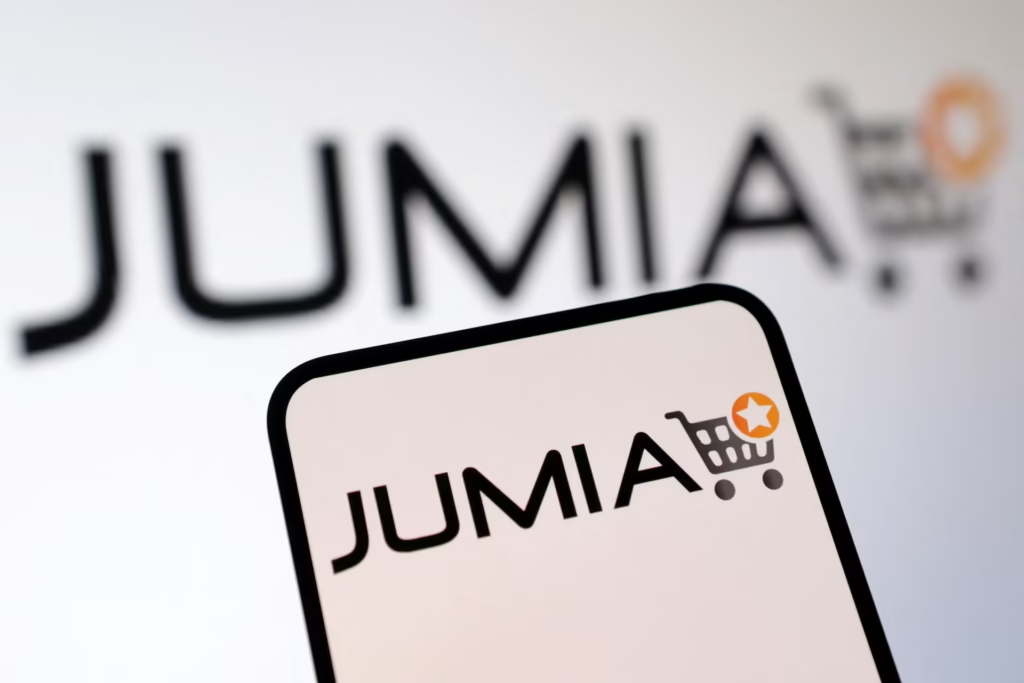
Nigeria’s Central Bank Governor, Olayemi Cardoso, pledged to use all available tools to manage inflation, which recently surged to 32.7% in September.
Rising food and energy costs, driven by subsidy cuts on petrol and electricity, have contributed to the spike.
Addressing the FT Africa Summit in London, Cardoso noted that while overall inflation could ease soon, food prices remain stubbornly high.
The Central Bank is collaborating closely with the government to tackle these persistent inflationary pressures.
Despite these challenges, Cardoso emphasized the importance of Nigeria’s reform agenda, which he said is attracting significant foreign investment.
Recent visits from Citigroup CEO Jane Fraser and JPMorgan’s Jamie Dimon demonstrate growing investor interest in Nigeria, he highlighted.
The naira has lost three-quarters of its value since President Bola Tinubu took office, while fuel prices have quintupled.
Cardoso stated that Central Bank measures to bolster investor confidence are yielding results, with foreign exchange access now much improved.
Foreign reserves have risen above $40 billion, with plans to regularly disclose net reserves starting in 2025.
Cardoso projected moderate economic growth for Nigeria next year, aligning with the World Bank’s 3.6% growth estimate for 2025.




